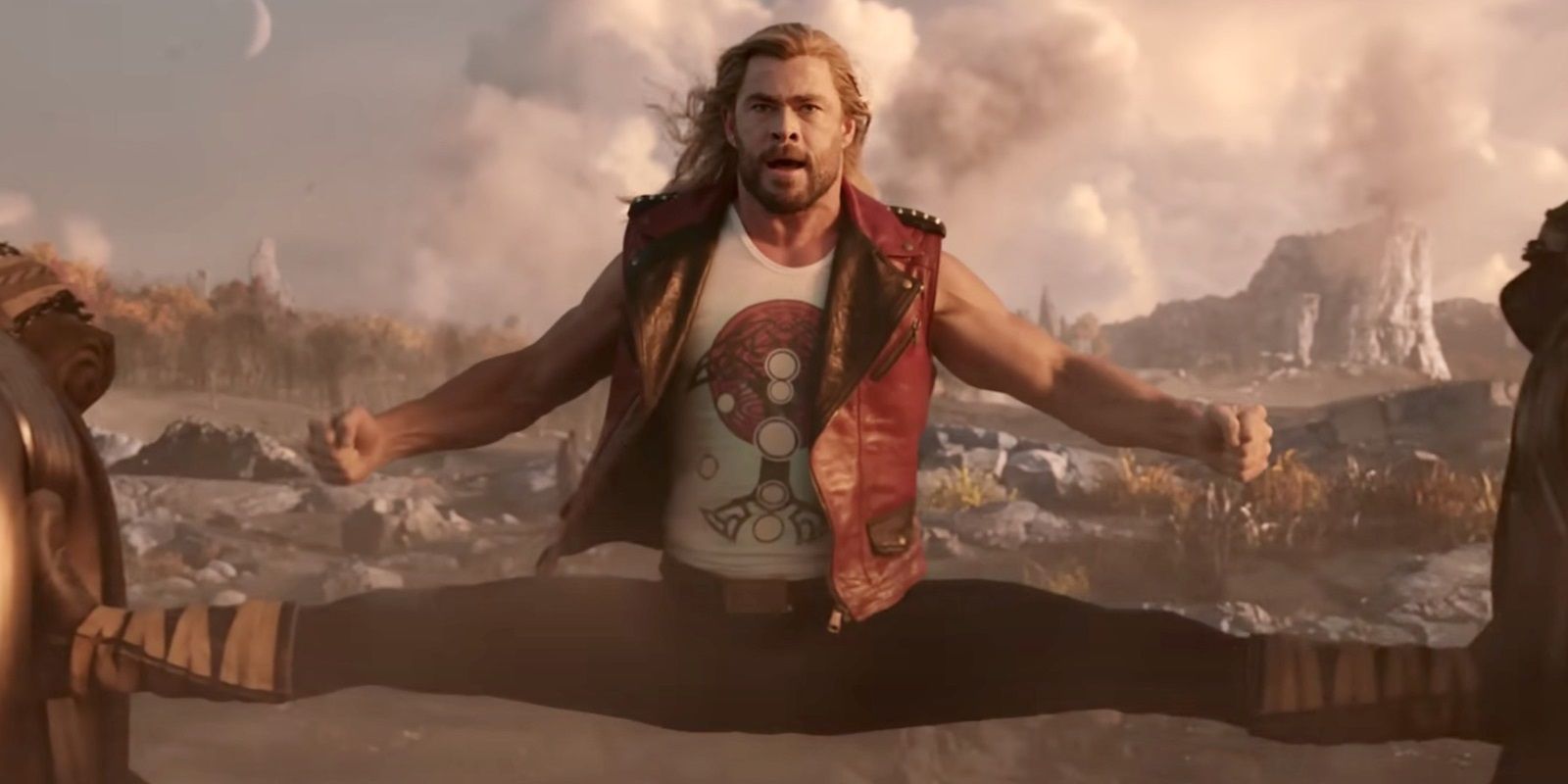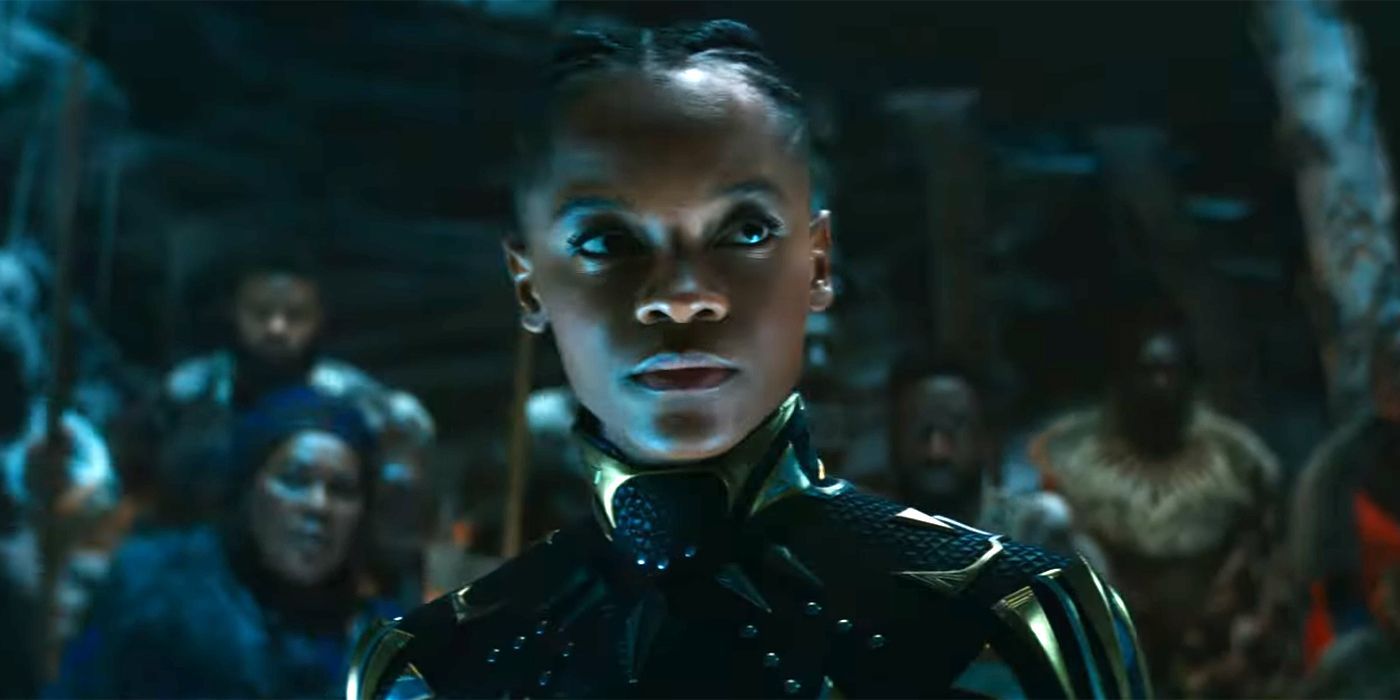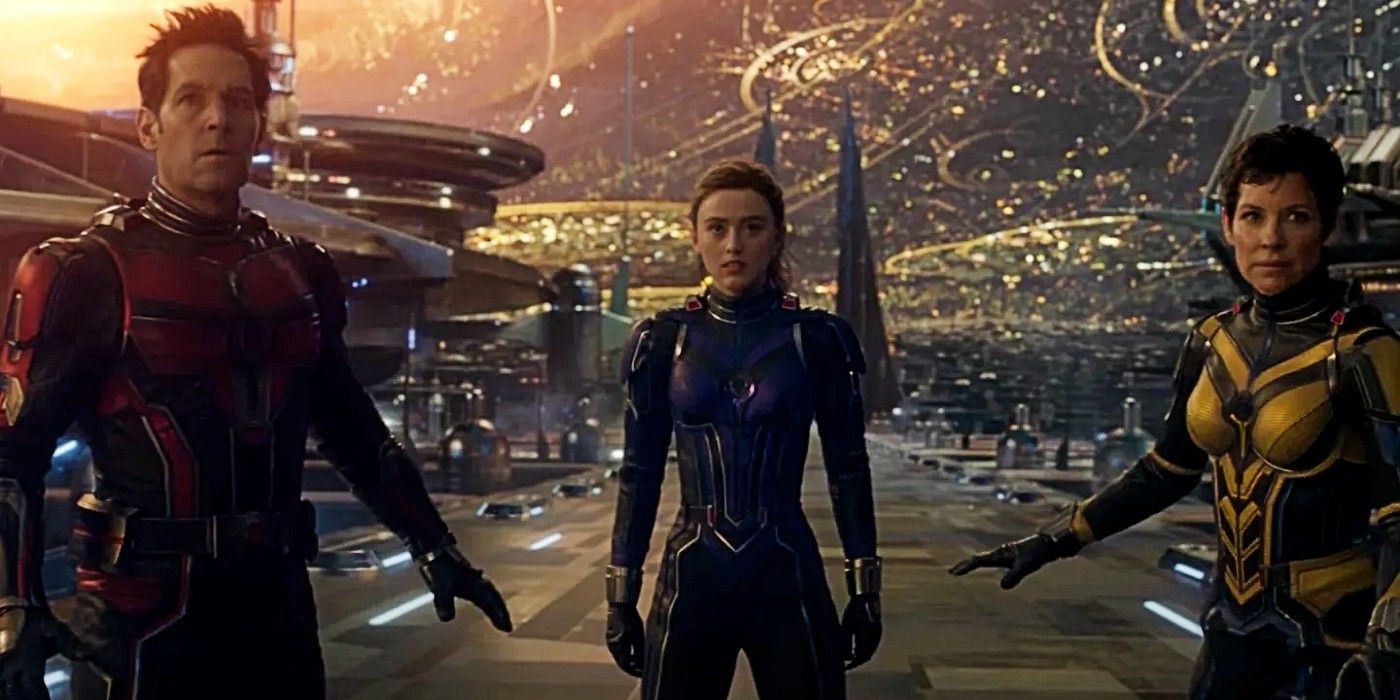Quentin Tarantino joins the list of renowned Hollywood directors who have publicly criticized the prominence of Marvel superhero movies in the film industry. Tarantino is known for being an unconventional and fiercely passionate director and screenwriter who has gained a cult-like following for his work on the groundbreaking and award-winning cinematic feats, including Pulp Fiction (1994), Kill Bill: Volume 1 (2003) and Kill Bill: Volume 2 (2004), Inglourious Basterds (2009), Django Unchained (2012), and most recently, Once Upon a Time in Hollywood (2019). The legendary director is also a frequent film commentator known for being boldly and unapologetically opinionated, a tendency that has made him the subject of a number of controversies. One area of cinema that he is particularly critical of is the commercial domination of Marvel films, the directors of which he has previously labeled as "hired hands."
While guest hosting the podcast 2 Bears, 1 Cave alongside Tom Segura, Tarantino explains why he is critical of Marvel films despite being a lifelong fan of Marvel Comics and characters. Notably, he doesn't take issue with the actual content or quality of the production company's blockbuster superhero franchises, merely the fact that the widespread excitement they generate leaves little room for other, potentially smaller-budget films to be made and able to produce comparable commercial success. Check out what he had to say below:
“Look, I used to collect Marvel comics like crazy when I was a kid. There’s an aspect that if these movies were coming out when I was in my twenties, I would totally be fucking happy and totally love them. I mean, they wouldn’t be the only movies being made. They would be those movies amongst other movies. But, you know, I’m almost 60, so yeah. No, I’m not quite as excited about them.... My only axe to grind against them is they’re the only things that seem to be made. And they’re the only things that seem to generate any kind of excitement amongst a fan base or even for the studio making them. That’s what they’re excited about. And so it’s just the fact that they are the entire representation of this era of movies right now. There’s not really much room for anything else. That’s my problem.”
How Superhero Movies Help The Film Industry
Though Tarantino is not alone in his fear that Marvel films have ultimately hurt the film industry, these blockbuster franchises have also undoubtedly helped bolster profits for struggling movie theaters. In contrast to Tarantino, multiple industry figures from Tom Hanks to Jared Leto have expressed their belief that Marvel movies are responsible for keeping movie theaters alive during a time when viewers are increasingly turning towards streaming services rather than the grand scale of watching films how they are often intended to be watched - on the big screen. These comments ring true as the MCU has earned more than $25 billion globally, making it the biggest movie franchise ever and consistently seeing strong audience turnouts to theaters.
Why Marvel Has Garnered Criticism Within The Film Industry
Despite the commercial success of Marvel films, Tarantino is not alone in his disappointment regarding the effect of superhero franchises on the movie industry on the whole. Back in 2019, venerable director Martin Scorsese infamously compared superhero films to amusement park rides that were detracting from the kinds of films that offered meaningful cinematic experiences, an opinion that garnered abundant backlash from Marvel fans and directors alike. Though these films attain mass appeal and can reliably offer a few hours of larger-than-life entertainment, cinephiles like Tarantino and Scorsese echo the frequent critique that such entertainment relies on formulaic storylines rather than substantive and novel tales of good triumphing over evil.
It makes sense why so many filmmakers specifically seem to take issue with Marvel films, as the global domination of these kinds of productions has completely changed the reality of filmmaking. For producers and directors hoping to earn a theatrical release, their chances have become progressively low in recent years unless their film is a blockbuster fantasy or action-adventure flick. Mid-budget films, including classic rom-coms like When Harry Met Sally or character-driven dramas like Good Will Hunting are increasingly rare while big-budget blockbusters are continually greenlit and promoted. Though Marvel may not be directly responsible for ejecting independent and smaller-budget films from theaters and the current cinematic landscape, the correlation between the increase in superhero movies and the simultaneous decrease in those from genres that used to thrive under directors like Tarantino cannot be dismissed if movie-goers want to avoid witnessing the total demise of low to mid-budget films.
Source: 2 Bears, 1 Cave



